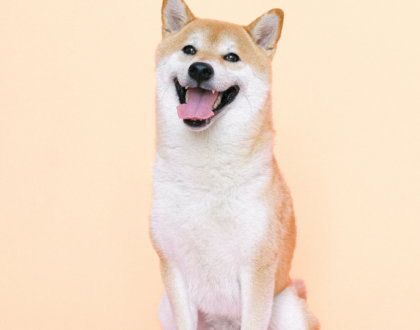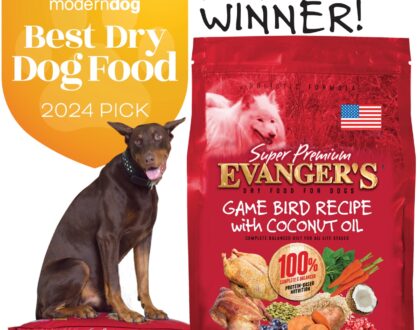Nutritional Tips for Boxers

by Ian Germann
Medium-sized dogs with a sturdy and muscular build, Boxers are renowned for their boundless energy and playfulness. They have a puppy-like exuberance that persists well into adulthood. Incredibly loyal, these pups are known to be affectionate and thrive on human interaction and companionship.
Just like in every dog, proper nutrition plays a pivotal role in maintaining every Boxer’s health, performance and overall well-being. In this blog post, we’ll explore Boxer-specific nutritional tips to help keep your pup in tip-top shape.
Protein Power
With so much love for active activity, Boxers require an significant amount of protein to best support their high energy levels, muscle development and overall bodily functions. Aim for a diet that provides a high protein content (around 20-30%).
When selecting dog food for your Boxer, it’s crucial to prioritize high-quality protein sources. Look for foods that list real meat such as chicken, turkey, beef or fish as the primary ingredient. These whole protein sources also provide essential amino acids that are easily digested and absorbed by your dog’s body.
For those looking for nutritious, meaty meals to feed their pup(s), Evanger’s Chicken and Rice and Lamb and Rice Dinners for Dogs are perfect for active breeds like boxers, with all the nutrition they need in the can!
Consistent, Controlled Meal Sizes
One common health issue boxers are prone to is gastric dilatation-volvulus (GDV), commonly referred to as bloat. Bloat is a serious, potentially life-threatening condition that can affect Boxers and other deep-chested breeds. Bloat occurs when the stomach fills with gas and then twists on itself, leading to restricted blood flow and potential damage to internal organs.
To avoid bloat, avoid overfeeding your boxer. This can be done by feeding at least two meals a day instead of one to help prevent the stomach from becoming overly distended after a single large meal. Rapid eating can also lead to swallowing excess air, increasing the risk of bloat. Use puzzle feeders or slow-feed bowls designed to encourage your Boxer to eat more slowly.
Treats are also a great way to keep your dog feeling full throughout the day. Check out Evanger’s treat selection for a variety of healthy foods to feed your boxer between meals to avoid bloat.
Fight Against Hip Dysplasia
Characterized by an abnormal formation of the hip joint, hip dysplasia leads to joint instability, increased friction, and wear and tear within the joint. This causes pain and mobility issues, and in the context of Boxers, a breed known for its active and energetic nature, this can have a significant impact on their quality of life.
To help fight against hip dysplasia, omega-3 fatty acids can help reduce the pain and swelling associated with hip dysplasia thanks to their anti-inflammatory properties. Get your omega-3 fatty acids from Evanger’s Uncut Sardines. Served in a delectable gravy, this 100% grain and gluten-free meal is deliciously nutritious!
Recommended Posts

What to Feed a Dog with Hip Dysplasia
August 21, 2023

Amazing Names for Male Dogs
July 18, 2023



